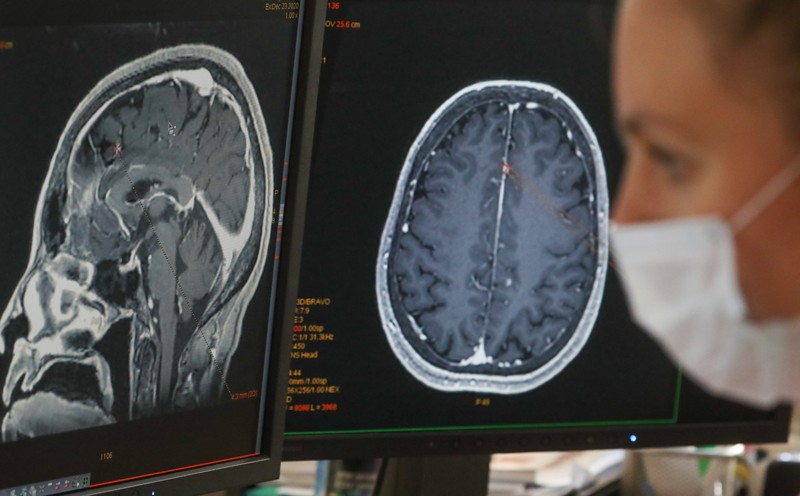Baljot Rai ’24
Contributor
COVID-19 has impacted many of our lives, and our society, both in the short term as well as the long-term. Be it occasionally having to stay home due to being a close contact, or the long-term disruption of the economy, there have been many harsh realities which we have faced. One aspect of COVID-19 often overlooked, however, is the long-term effects of the virus. The most common health effects after recovery from SARS-CoV-2, as well as other COVID-19 variants, include fatigue, coughing, joint and chest pain, dizziness, change in smell or taste, headaches, organ damage, and difficulty breathing. And recently, more research has been done uncovering the long-term effects of the virus on the human brain, the most important organ in the human body.
Researchers at Harvard University have discovered that COVID-19 can cause extensive yet subtle cognitive, behavioural, and psychological problems after recovery. Such problems are not present in all who contract COVID-19. Lifestyle, age, immunity, and other factors heavily influence the likelihood of developing further neurological complications due to COVID-19. This virus does not directly cause extensive infection in the brain. Instead, a misguided immune response causes blood vessels to swell, damaging brain tissue.
Common brain complications due to COVID-19 vary and range from brief and mild headaches to persistent mental fatigue, depression, and potentially psychosis. Brain fog, which involves periods of confusion, memory problems, a lack of mental clarity, and an inability to focus, are also common, being reported in around 66% of people who have recovered from COVID-19. Another consequence is long-term brain tissue loss. This is one of the reasons that many people suffer from a loss of sense of smell (anosmia) and taste (ageusia) after infection. In some situations, this lasts beyond the infected period. For what may be months, previously pleasant smells and tastes may become foul and unbearable. While the loss of smell and taste may eventually be somewhat resolved, the human brain is unable to regain this tissue.
Further, sleep disturbances have also been reported in people with long-term neurological effects from COVID-19. Some people who have recovered from this virus suffer from having trouble falling and staying asleep (insomnia), excessive daytime sleepiness (hypersomnia), and changes in sleep patterns. As a result, many people often suffer from headaches and stress due to a lack of sleep.

COVID-19 can also result in significantly more harmful neurological damage. The virus can cause nerve damage, which negatively affects the peripheral nervous system (the vast communication network that sends signals between the brain and the spinal cord, to other parts of the body). Damage to our motor, sensory, and autonomic nerves result in complications in controlling one’s muscles, sight, hearing, taste, smell, breathing, and digestion, as well as heart and gland functions. These problems can range from minor to very disruptive, and while some of them resolve over time, others do not. COVID-19 has also been found to cause bleeding in the brain, weakened blood vessels, and blood clots in acute infection, which may result in a stroke or a heart attack, causing either death or permanent damage to one’s body.
COVID-19 affects our brain in a wide variety of ways, ranging from minor health complications to major health conditions. Large-scale research is currently underway, analyzing further neurological effects of COVID-19. The relieving news is that many of these health complications can be prevented through vaccination, maintaining a good lifestyle, and taking care of your mental health.